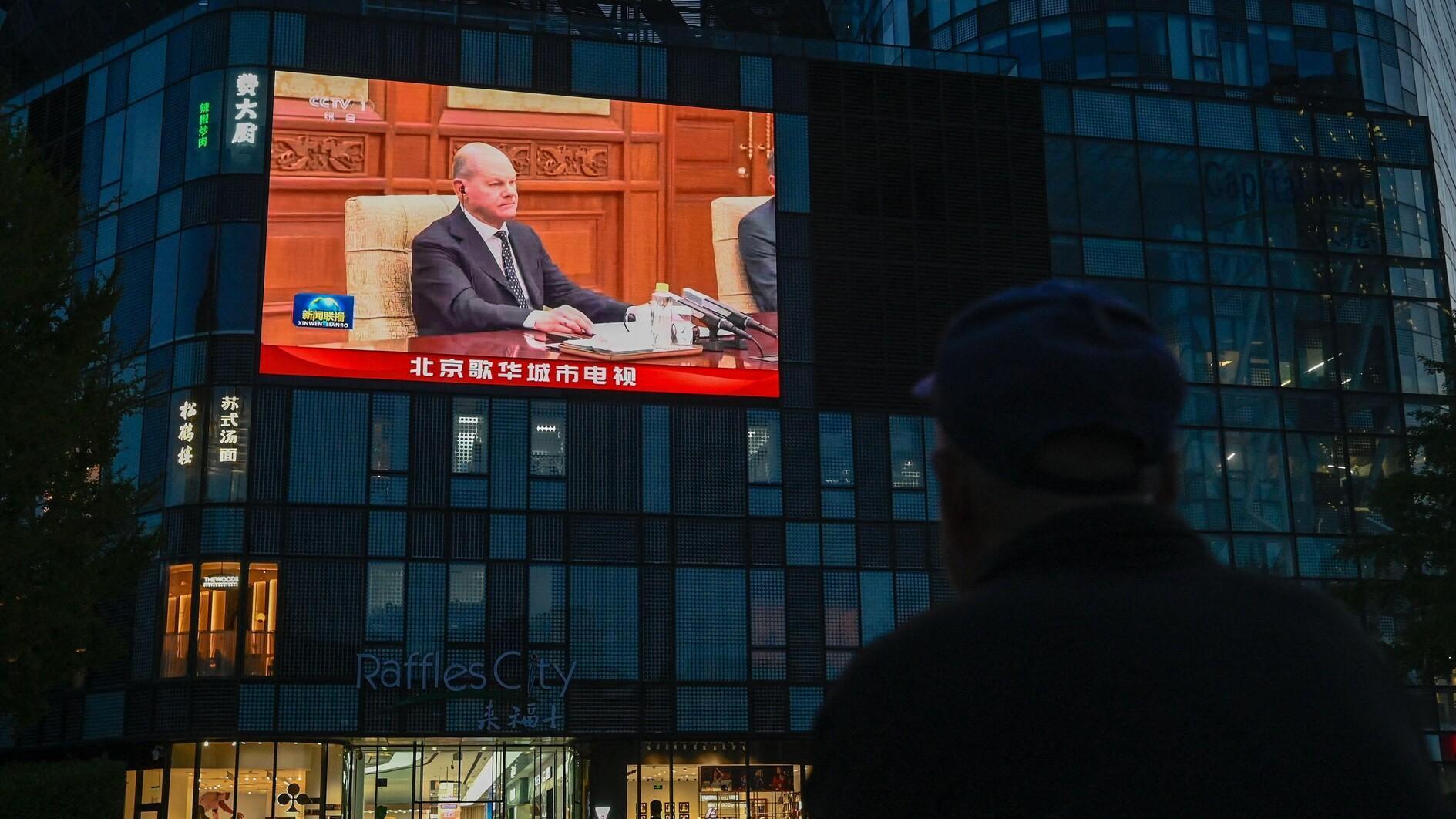The Islamists are coming
The first two countries of the Arab Spring, Tunisia and Egypt, recently had their first free and fair elections. In both, the winners turned out to be Islamist parties: Ennahda in Tunisia, and the Freedom and Justice Party, the political extension of the Muslim Brotherhood, in Egypt. It will also not be a big surprise to see a similar result in Libya, and, when the brutal tyranny of Bashar al-Assad hopefully falls, in Syria.
Political parties that are inspired by Islam, in other words, seem to be the main beneficiaries of the Arab Spring. The fall of the dictators which had suppressed them brutally for decades has opened their way to incumbency.
For some pessimists, including Israeli Prime Minister Benjamin Netanyahu, this is a nightmare. Islamists, they believe, are destined to create dictatorships worse than the ones they have toppled. But that is the least of their problems. What they really worry about is that post-revolutionary Arab states will be more anti-Israeli and anti-Western. According to them, it would have been much better had secular dictators such as Hosni Mubarak still reigned.
Arguably, however, these pessimists are wrong. First of all, by putting their hopes in the maintenance of dictators, they are being not only unprincipled but also unrealistic. The democracy genie is out of the bottle, and pushing it back is neither noble nor doable.
Secondly, the Islamists in question are not as black-and-white as most people think they are. Tunisia’s Ennahda, first of all, is the most liberal-minded of all Arab Islamic movements. Its mentor, Rached al-Ghannouchi, is a fine thinker who has long reconciled Islam and democracy. He emphasizes the “principles and intentions of the shariah,” rather than literal injunctions of the shariah, which is a huge difference. His ideas have been instrumental in Turkey, where his books were translated and helped the emergence of the Justice and Development Party (AKP), which Ennahda sees as its “example” now.
So, don’t worry about Tunisia’s Islamists. They will do just fine.
Egypt is admittedly more challenging. The biggest surprise of the elections was not the victory of the Muslim Brotherhood, but the success of the Salafi (ultra-literalist, ultra-conservative) Al-Nour Party. In the months to come, the Muslim Brotherhood will ally itself either with Al-Nour or the more secular forces (liberals, Coptic Christians, leftists) to form a government. If they choose the secular forces, as I hope, that will be a step forward. If they choose Al-Nour, they will be accepting some its rigid attitudes, and that is indeed worrying.
Yet whatever the Muslim Brotherhood does, let them do it. For the years ahead will be the first chance for them to test their utopia (“Islam is the solution”), and be forced to make pragmatic concessions. If they ban alcohol, for example, they will be killing the tourism industry, which is a big source for revenue for already-impoverished Egypt.
Westerners should also realize that the very suppression of the Muslim Brotherhood and its ilk was a main reason for the ideological rigidity and radicalization within their ranks. Incumbency, on the other hand, will create incentives for moderation.
Finally, let me give a friendly piece of advice to fellow journalists of the West, who often have short trips to our part of the world, to get a sense of the place before writing. That field effort is great, but it wouldn’t be that helpful if your contacts are mainly the secular urbanites with whom you can dine and wine. Some of those secular urbanites will have their own subjective biases against the Islamists. Listen to them, of course, but also listen to the Islamists themselves. Some might turn out to more reasonable than you expect.











